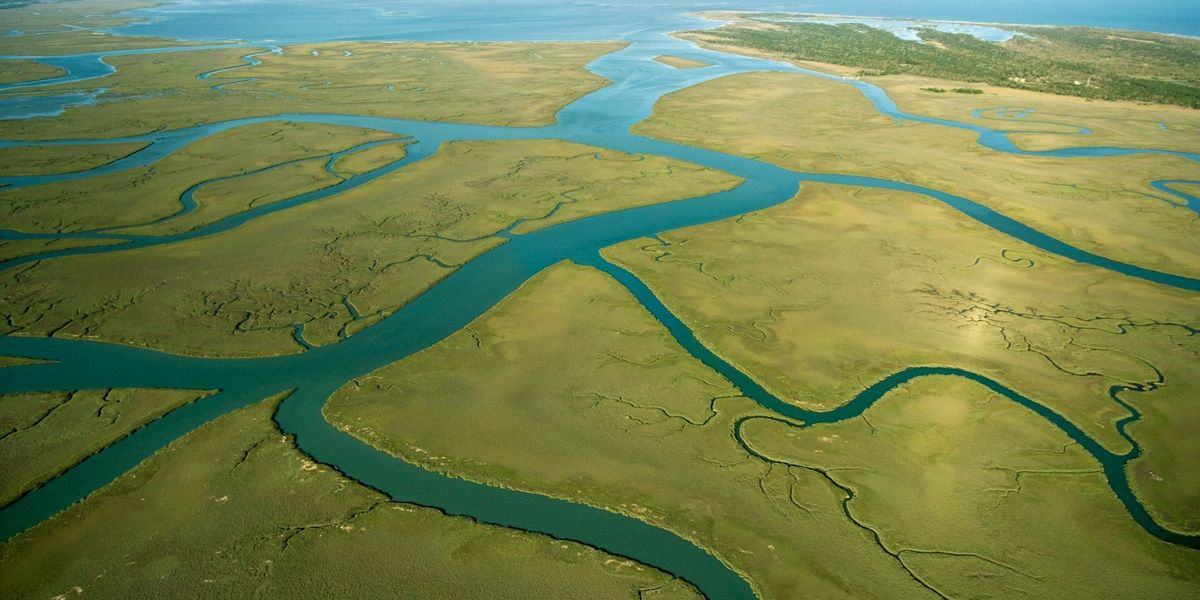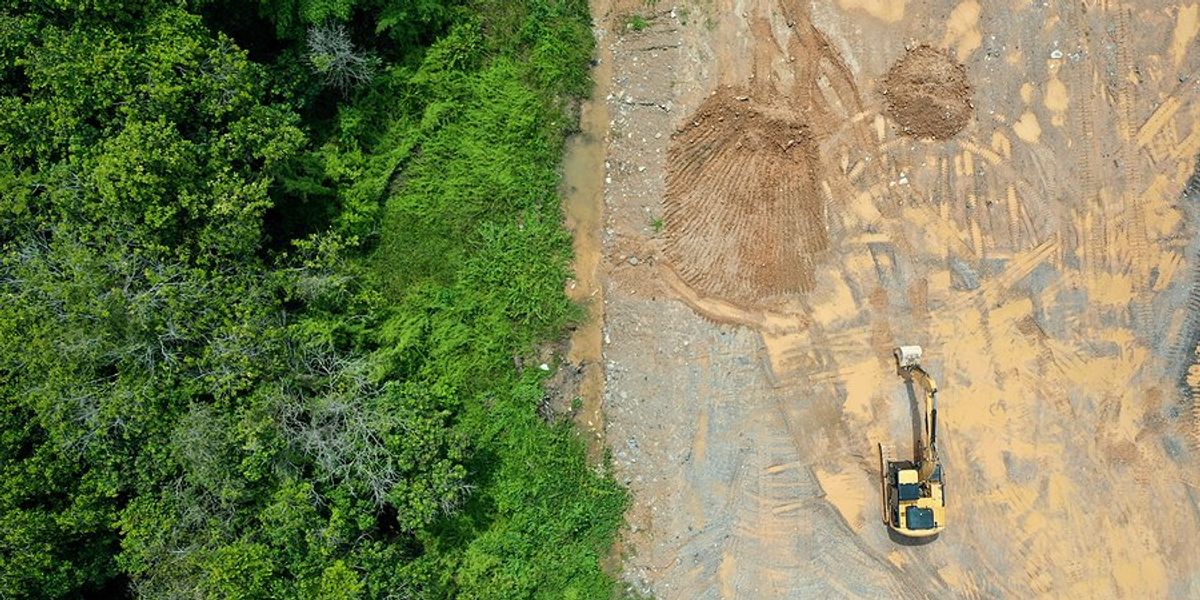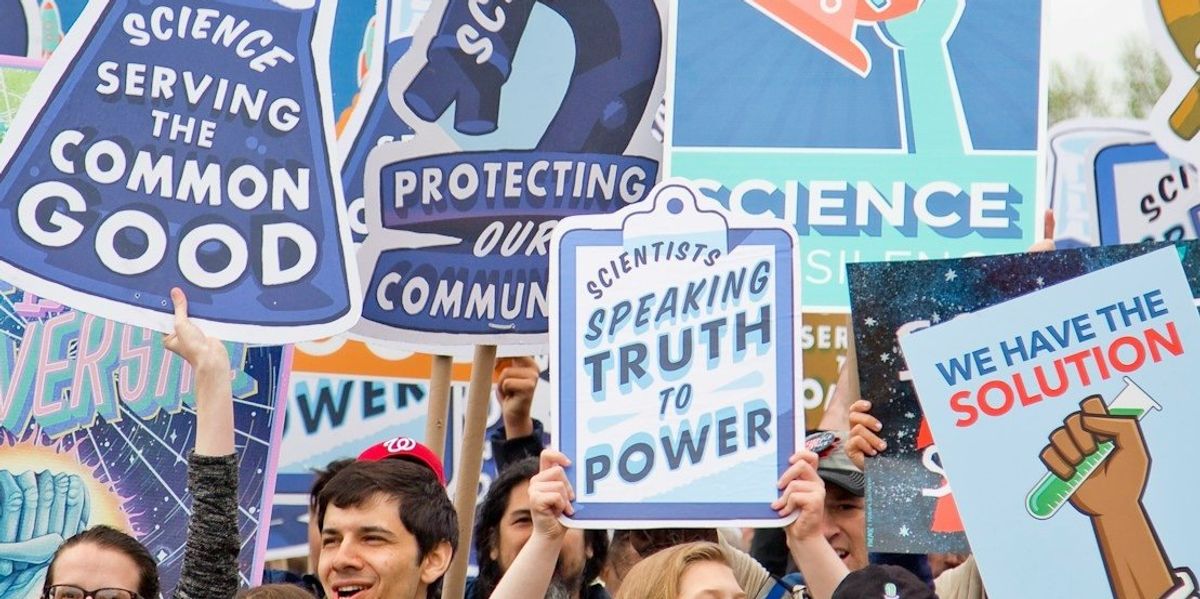judiciary
Supreme Court ruling could impact environmental policies
The U.S. Supreme Court's upcoming decision on the Chevron doctrine could significantly affect environmental regulations, including those on pollution and climate change.
In short:
- The Chevron doctrine allows federal agencies to interpret ambiguous statutes reasonably.
- Overturning Chevron may limit agencies' flexibility to adapt regulations to new scientific findings.
- The decision could shift more policy-making power to the judiciary, leading to increased litigation and regulatory instability.
Key quote:
"Overturning or enfeebling Chevron would have negative consequences."
— Jody Freeman, Harvard Law School
Why this matters:
Removing the Chevron doctrine could reduce agencies' ability to address evolving environmental challenges effectively. This shift might undermine regulatory stability, impacting public health and environmental protection.
The Supreme Court case that could doom U.S. climate goals
The Supreme Court's attack on the Clean Water Act was too radical for John Roberts
Why did these Chevron-linked judges and attorneys lock up Steven Donziger?
What are schools doing to go green?
Schools around the country are taking an interest in clean energy, putting solar panels on roofs and swapping diesel school buses for electric versions.
Group says US energy panel stacked with industry supporters
Conservationists claimed in a lawsuit filed Tuesday that a Trump administration committee reviewing royalties paid by companies on fossil fuels extracted from public lands is stacked with industry supporters who conduct some meetings in secret.
Large Midwest energy project turns to ex-Missouri governor
Stymied by state regulators, a renewable energy company seeking to build one of the nation's longest power lines across a large swath of the Midwest has turned to a prominent politician in an attempt to revive its $2.3 billion project.












